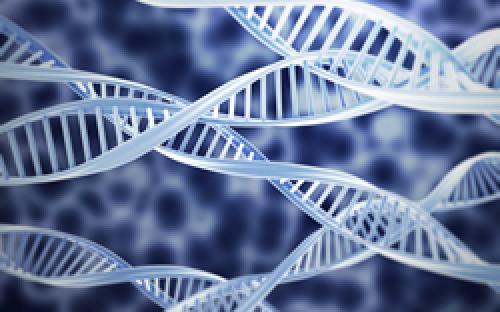- Home
- About
- OSD
- MyOSD
- Partners
- Work Packages
- WP 1Management & Coordination
- WP 2 (OSD)Ocean Sampling Day
- WP 3Oceanography & Environmental Data
- WP 4Standards and Interoperability
- WP 5Bioinformatics & Data Integration
- WP 6Exploring Ecosystems Biology
- WP 7Function and Biotechnology
- WP 8Intellectual Property (IP) Management for Marine Bioprospecting
- WP 9Dissemination & Outreach
- Public DeliverablesAll Micro B3's public deliverables
- Meetings
- Workshops
- Third Micro B3 Industry Expert Workshop
- Micro B3 Industry Expert Workshop
- Micro B3/OSD Analysis Workshop
- Micro B3 Stakeholder Workshop
- Micro B3 Summer School in Crete 2014
- Marine Metagenomics Bioinformatics
- Micro B3 Industry expert workshop
- EU-US Training 2013
- Micro B3 Statistics Training 2013
- MG4U Bioinformatics Training 2013
- Bioinformatics Training 2012
- EU-US Training 2012
Nagoya Protocol will enter into force on 12 October 2014
 The Nagoya Protocol to the Convention on Biological Diversity on "Access to Genetic Resources and the Fair and Equitable Sharing of Benefits Arising from Their Utilization" was adopted in Nagoya at the 10th Conference of the Parties of the Convention on Biological Diversity (CBD) in 2010 and subsequently signed by 92 countries. It implements the third objective of the CBD, namely the fair and equitable sharing of benefits arising from the utilisation of genetic resources, including by appropriate access to genetic resources, generally referred to as "access and benefit sharing" or simply "ABS".
The Nagoya Protocol to the Convention on Biological Diversity on "Access to Genetic Resources and the Fair and Equitable Sharing of Benefits Arising from Their Utilization" was adopted in Nagoya at the 10th Conference of the Parties of the Convention on Biological Diversity (CBD) in 2010 and subsequently signed by 92 countries. It implements the third objective of the CBD, namely the fair and equitable sharing of benefits arising from the utilisation of genetic resources, including by appropriate access to genetic resources, generally referred to as "access and benefit sharing" or simply "ABS".
The Nagoya Protocol aims at establishing a clear and transparent legally binding framework determining how researchers and companies who utilise genetic resources and to the traditional knowledge associated with genetic resources will obtain access to them. It further explains how in the future benefits arising from the utilisation of genetic resources and traditional knowledge associated with genetic resources will be shared. Under the terms of the Nagoya Protocol, measures will be taken to ensure that users respect the access and benefit sharing measures of the country providing the genetic resources and associated traditional knowledge, including the respect for indigenous and local communities’ rights over both. The increased legal certainty for users will also create new opportunities for nature-based research.
In October 2012, the European Commission presented a proposal for an EU ABS Regulation to implement the mandatory elements of the Nagoya Protocol for the European Union. The European Parliament and the Council adopted the new Regulation ((EU) No 511/2014) on 16 April 2014. It entered into force on 9 June 2014 and will apply once the Nagoya Protocol itself enters into force for the Union, i.e. on 12 October 2014. Some of the provisions of the Regulation will only become applicable one year after that, because additional measures need to be put in place before they can be applied.


